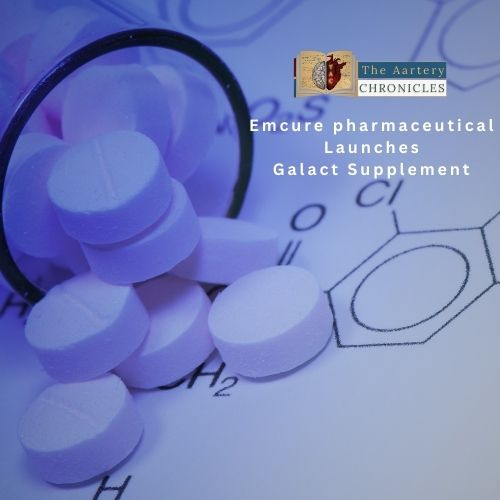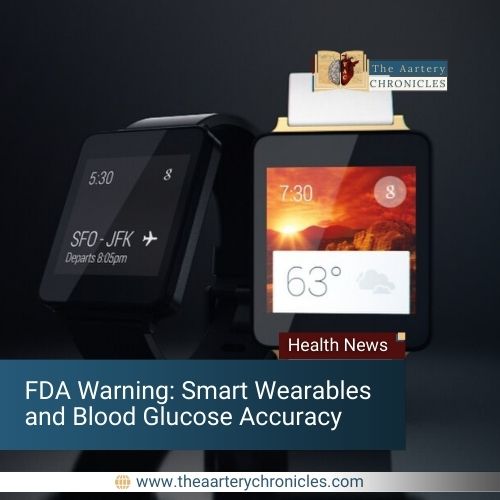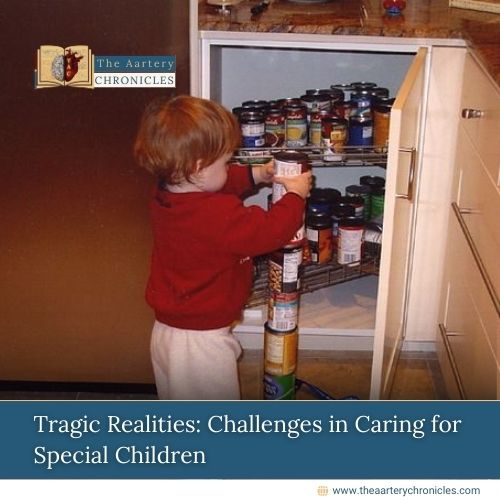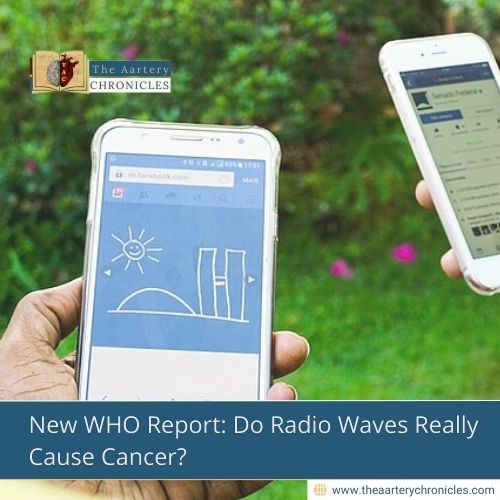
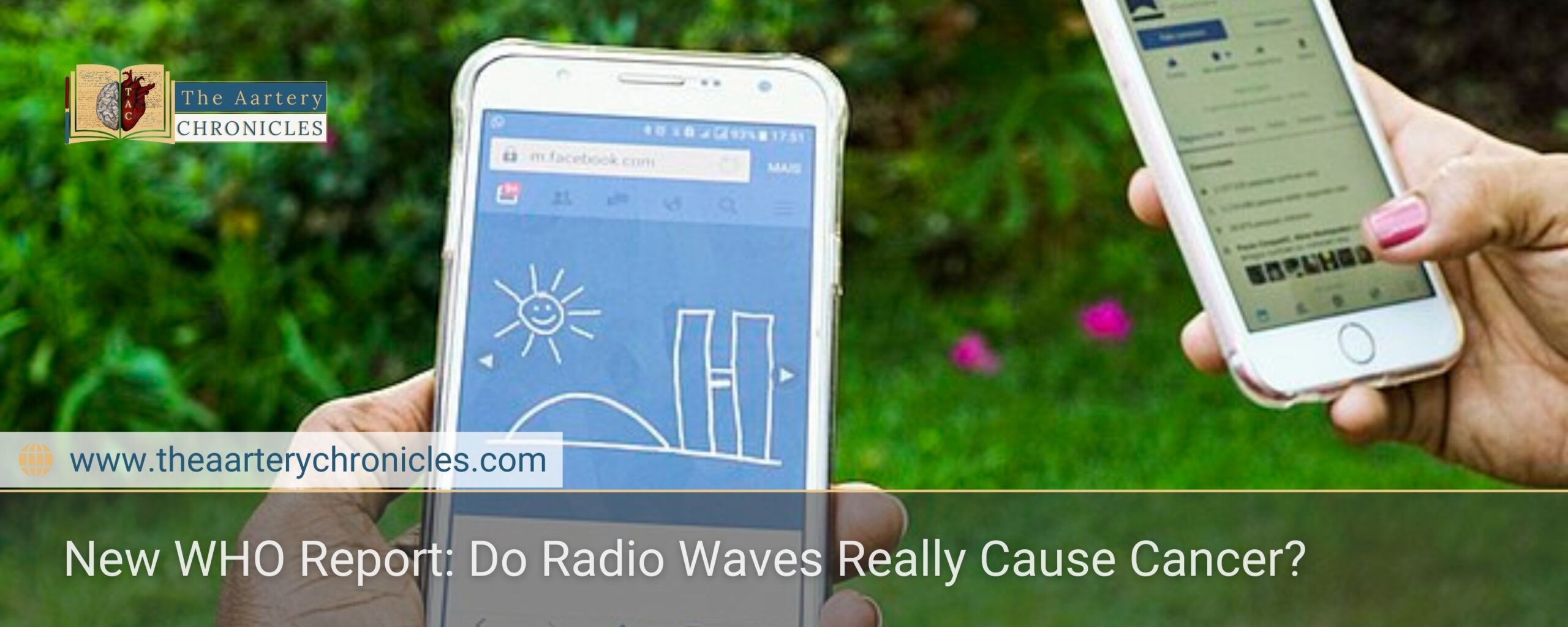
New WHO Report: Do Radio Waves Really Cause Cancer?
A systematic review commissioned by the World Health Organization (WHO) has found no significant link between exposure to radio waves and the risk of developing several types of cancer. The study, published in Environment International, specifically examined leukemia, lymphoma, thyroid cancer, and oral cavity cancer.
Conducted by Leading Radiation Experts
The research was led by Associate Professor Ken Karipidis from the Australian Radiation Protection and Nuclear Safety Agency (ARPANSA). This is the second major study he has conducted on this topic. The previous review, published last year, analyzed the connection between mobile phone use and brain cancer, concluding that there was no strong association.
Examining Various Sources of Radio Wave Exposure
This latest study assessed all available scientific evidence on radio wave exposure from different sources, including mobile phones, cell towers, and workplace environments. While the review covered various types of cancer, only leukemia, lymphoma, thyroid cancer, and oral cavity cancer had enough data for thorough analysis.
Limitations in Available Research
Although the findings suggest no clear link between radio waves and these cancers, the researchers noted that the evidence is not as strong as it is for brain cancer studies. According to A/Prof Karipidis, this is because fewer long-term studies have been conducted on these specific cancers, and the results have not been widely replicated.
Ongoing Research and Public Health Implications
ARPANSA, as Australia’s leading radiation protection agency, will continue to assess new scientific evidence and ensure that public health guidelines are based on the latest research. Research scientist Rohan Mate, who contributed to the study, emphasized that this systematic review considered over 5,000 studies, ultimately including 26 in the final analysis.
Informing Public Understanding
Mate also highlighted that public concerns about wireless technology and its potential health risks are common. However, this comprehensive review adds to the growing body of scientific knowledge, reassuring the public that current evidence does not support a strong link between radio wave exposure and the cancers examined.
WHO's Upcoming Assessment
The WHO is preparing an updated report on the health effects of radio wave exposure. This report, known as the Environmental Health Criterion Monograph, will incorporate findings from this systematic review and other relevant studies to provide a well-rounded assessment of the potential risks.
Conclusion
While concerns about wireless technology and health persist, current scientific research does not indicate a significant connection between radio wave exposure and leukemia, lymphoma, thyroid cancer, or oral cavity cancer. As further studies emerge, health authorities will continue monitoring developments to provide the most accurate public health guidance.
Source: Inputs from various media Sources

Priya Bairagi
Reviewed by Dr Aarti Nehra (MBBS, MMST)
I’m a pharmacist with a strong background in health sciences. I hold a BSc from Delhi University and a pharmacy degree from PDM University. I write articles and daily health news while interviewing doctors to bring you the latest insights. In my free time, you’ll find me at the gym or lost in a sci-fi novel.




